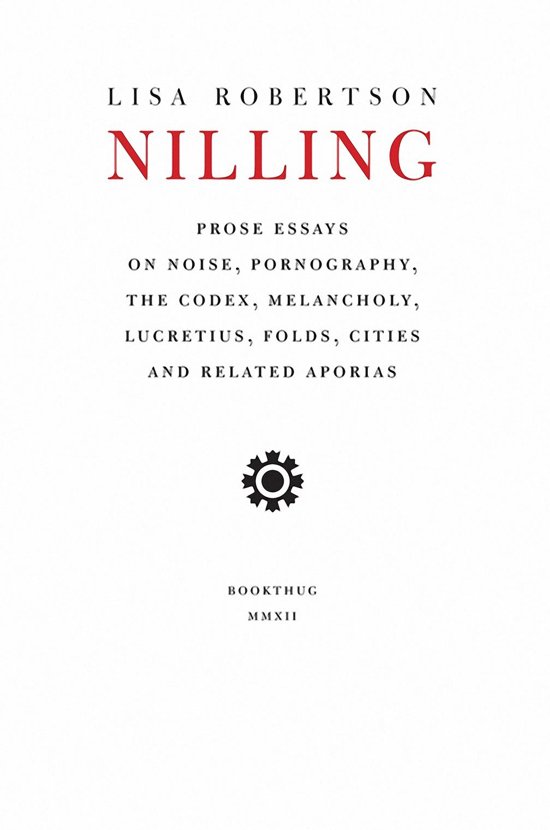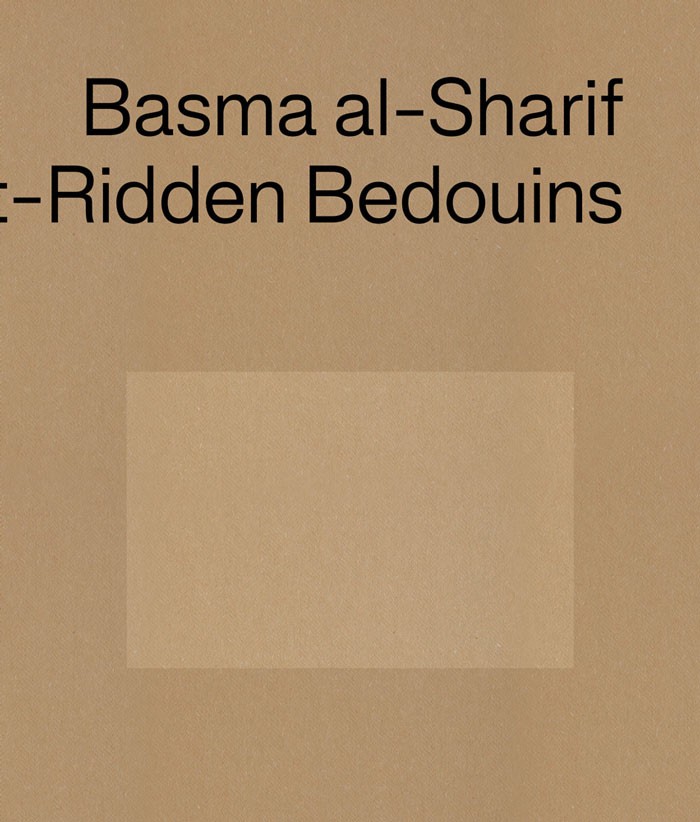
Making Matters: A Vocabulary for Collective Arts
Florian Cramer ed., Janneke Wesseling ed.
The world today faces overwhelming ecological and social problems and the concern for material existence on earth is more pressing than ever. Making Matters spells out various roles that visual artists and designers play facing these issues. Collective action is necessary and inevitable.
Collective action often changes the artist’s identity and working habits: from individuality and autonomy to collectivity and collaboration, both locally and globally. These developments have given rise to new kinds of collective art and design practices: artists work together with non-artists, make products for their local environment and take on multiple identities, such as researcher, community activist, computer hacker or business consultant.
Making Matters looks at art practices across all continents that do not conform to a Western concept of art nor to traditional distinctions between art, design, research and activism—where the boundaries between art, design, research and activism become blurred or are dissolved.
The entries in this vocabulary experiment with concepts and keywords of current art practices that may no longer be recognizable as art.
Editorial committee: Florian Cramer, Anja Groten, Klaas Kuitenbrouwer, Pia Louwerens, Marie-José Sondeijker, Janneke Wesseling
Contributors: Aliens in Green, a.pass / Lilia Mestre, Florian Cramer, Display Distribute / Elaine W. Ho, Feral Atlas / Lili Carr & Feifei Zhou Anja Groten, Thalia Hoffman, Jatiwangi art Factory / Bunga Siagian & Ismal Muntaha, Eleni Kamma, Frans-Willem Korsten, Klaas Kuitenbrouwer, Pia Louwerens, Dani Ploeger, Kate Rich, Femke Snelting, Olu Taiwo, Janneke Wesseling, West / Baruch Gottlieb, West / Akiem Helmling, Z. Blace






